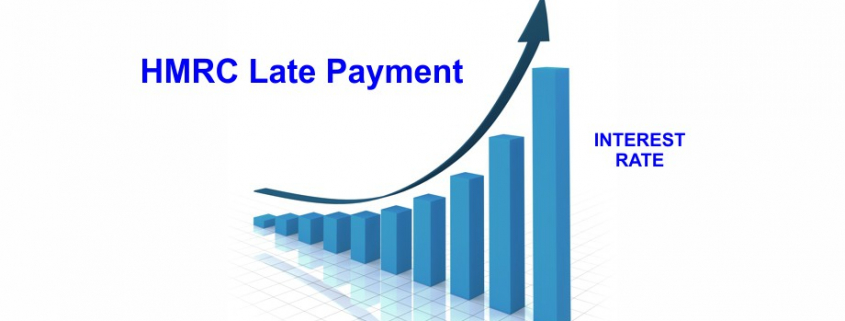Late payment interest rates rise
The interest charged on late tax payments has been hiked from 7.5 per cent to 7.75 per cent – the highest rate since 2001.
This latest rise followed the Bank of England’s August interest rate rise to 5.25 per cent.
The base rate rose by 0.25 percentage points as the bank continued to respond to persistent high inflation, bringing interest rates to their highest level since before to the 2008 financial crisis.
HMRC’s late payment rates are set in legislation and are linked to the Bank of England base rate.
Late payment interest is set at this base rate plus 2.5 per cent. Repayment interest is set at base rate minus one per cent with a lower limit, or ‘minimum floor’, of 0.5 per cent.
Late payment interest is place on a wide range of taxes including income tax, national insurance, capital gains tax, corporation tax and stamp duty land tax
In a statement HMRC said: “The differential between late payment interest and repayment interest is in line with the policy of other tax authorities worldwide and compares favourably with commercial practice for interest charged on loans or overdrafts and interest paid on deposits.
“The rate of late payment interest encourages prompt payment and ensures fairness for those who pay their tax on time, while the rate of repayment interest fairly compensates taxpayers for loss of use of their money when they overpay.”
HMRC has also updated its rate of repayment interest paid on money being refunded to taxpayers who have overpaid.
Repayment interest is set at base rate minus one per cent with a lower limit, or ‘minimum floor’, of 0.5 per cent. It is now set it 4.25 per cent.
To discuss any issues raised by this article or any tax matters please contact me on 01772 430000




